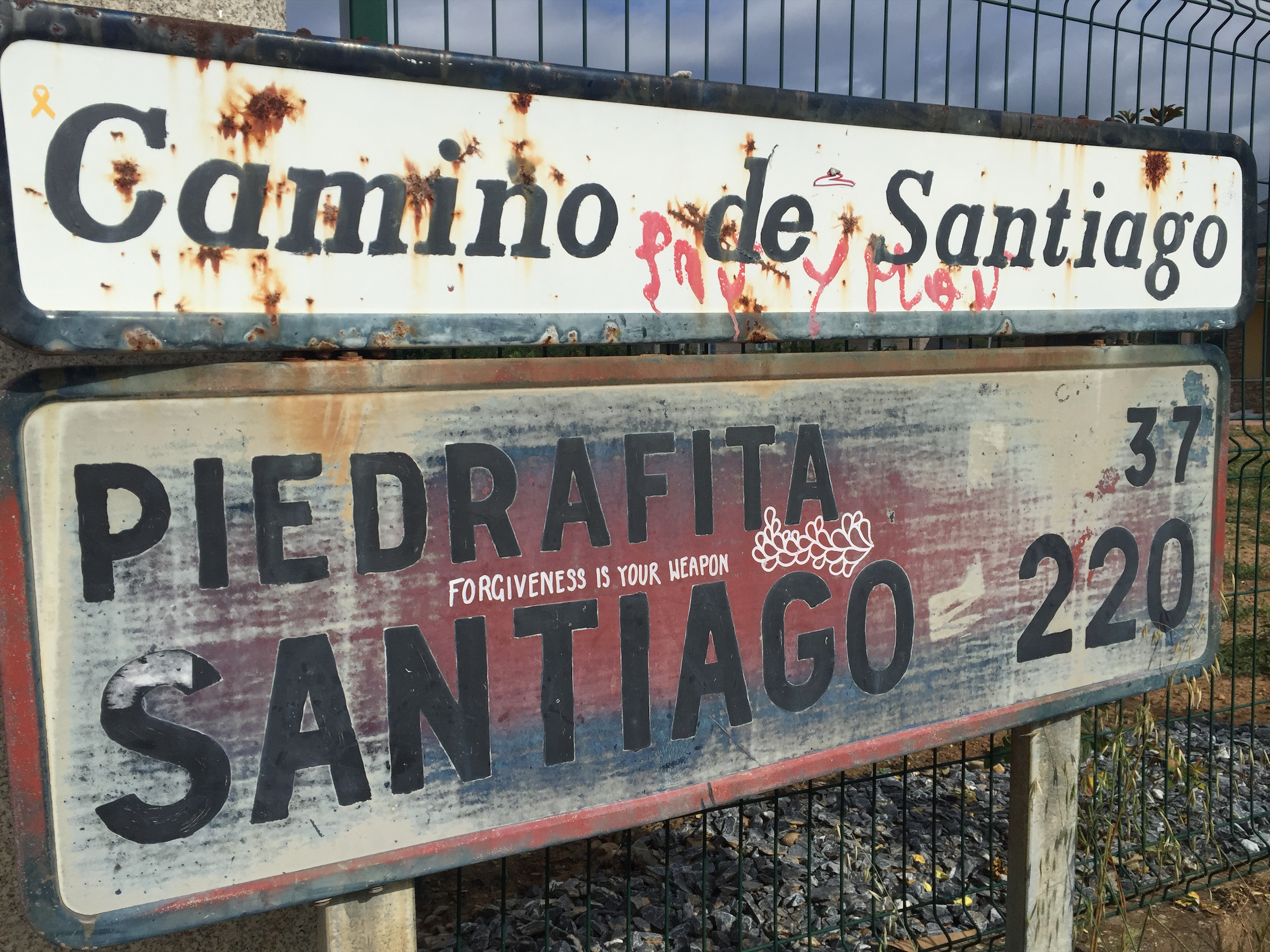 As a child, I found myself pulled to the church, not because of family expectations, but because something deep within my spirit longed for love and belonging. Growing up enduring sexual violence and harm, I instinctively sought refuge in stories of forgiveness, compassion, and redemption. Even as my surroundings were fractured, that early spiritual connection planted seeds that would sustain me long before I fully understood why.
As a child, I found myself pulled to the church, not because of family expectations, but because something deep within my spirit longed for love and belonging. Growing up enduring sexual violence and harm, I instinctively sought refuge in stories of forgiveness, compassion, and redemption. Even as my surroundings were fractured, that early spiritual connection planted seeds that would sustain me long before I fully understood why.
But those years of wandering were heavy. I carried wounds from abuse and trauma, which led me into cycles of despair that nearly consumed me. Then, in 2011, a dear friend offered me a radical act of compassion: “Move to San Diego,” she said. Start a new journey, even if you only know two people who live there, and all you have is hope. So, I took a leap of faith. That leap transformed everything: I pursued education, became the first in my family to earn a college degree, and encountered a community that echoed the love I once only glimpsed in church.
Along the way, a humble invitation changed my perspective when a friend asked if she could lead me in meditation at the top of a mountain after our hike. I was skeptical. I came to understand and feel that silence can hold more healing than words.
Since then, I’ve leaned into spiritual practices — not only meditation and prayer — but gratitude circles, moments of stillness, connecting with nature, running, and being in genuine communion with others. They’ve become the wellspring of my resilience and compassion throughout my life, particularly in today’s context.
Something greater emerged during one of my most transformative pilgrimages: the Camino de Santiago. Walking over 500 miles across soul-stretching terrain, I recognized a kindred spirit in an El Salvadoran pilgrim named Adán. Only when we both stood at the altar during pilgrims’ Mass, he serving as a priest, did I fully grasp the remarkable power of forgiveness. That recognition, at the intersection of journey and ritual, was profoundly healing. It revealed how spiritual practice, shared openly and vulnerably, can turn pain into grace.
And this is why the work we gather around at Fetzer is so vital. Building a spiritual foundation for a loving world is not some abstract idea to me; it is the very path that rescued me, and it’s the path I walk with you. In fact, I am deeply grateful that the Fetzer Institute recently awarded over $1.5 million in one-time grants to support spiritual development — investing in retreats, contemplative practices, spiritual accompaniment, sacred-centered leadership, and inner work for organizations and leaders with whom we have a deep relationship.
These investments reaffirm that healing our inner lives isn’t optional.
It is essential.
It is where transformation begins.
So I invite you now: take a moment, for meditation, gratitude, prayer, or a walk in nature.
Ask yourself:
We are all philanthropists at heart. The greatest gift we can offer to tackle society’s toughest challenges is to become still and look inward, illuminating the light within us and dispelling the darkness that surrounds us.
The sacredness in me sees the sacredness in you.